Battery Recycling Guide
Proper disposal methods to protect our environment and conserve resources
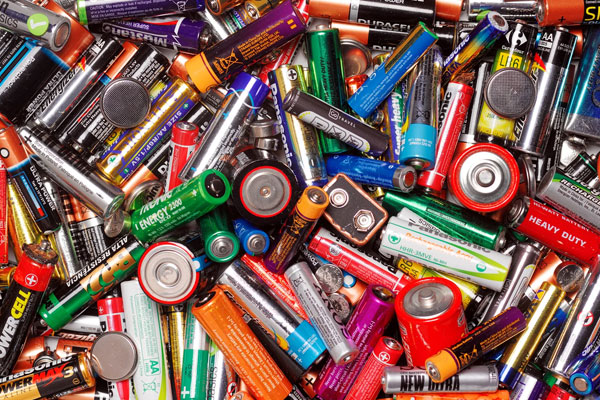
Batteries power many daily devices, from remote controls to electric cars. But when they run out of charge, they don't belong in the bin. Many contain hazardous materials that can leak into the environment if improperly disposed of.
Recycling batteries helps reduce pollution, conserve valuable resources, and prevent dangerous waste fires. This guide covers why battery recycling is essential, where to recycle different types, and how to dispose of them safely.
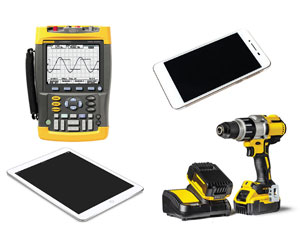
Why You Should Recycle Batteries
Environmental Risks of Landfill Disposal
Throwing batteries in general waste is harmful because:
- Toxic chemicals leak into soil and water – Many batteries contain lead, mercury, and cadmium, which can contaminate ecosystems.
- They contribute to air pollution – Incinerating batteries releases harmful fumes into the air.
- Fire risks in waste facilities – Lithium-ion batteries can explode if crushed in rubbish collection trucks or recycling plants (Environmental Services Association).
Benefits of Recycling Batteries
Recycling batteries reduces waste and saves resources. Instead of mining for new materials, we can extract valuable metals from old batteries. This lowers carbon emissions and helps build a sustainable supply of materials like lithium and cobalt (Material Focus).
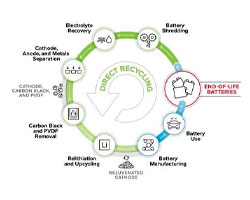
UK Laws and Regulations
The UK has strict rules on battery disposal:
- Shops selling over 32kg of batteries annually must provide free recycling points. Supermarkets and electronics stores must also take back used batteries (Gov.uk Battery Recycling Guide).
- Car batteries cannot be thrown in the bin. They must be taken to a recycling centre or returned to a garage.
- Businesses must comply with waste regulations. Companies handling large amounts of batteries must arrange proper disposal (Environment Agency).
Types of Batteries and How to Recycle Them
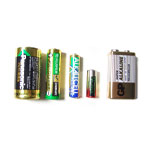
Household Batteries (AA, AAA, 9V, C, D)
It is found in everyday devices like remote controls and clocks.
Recycle them at supermarkets, electronics stores, or council recycling centres.
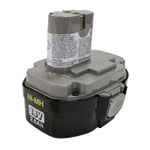
Rechargeable Batteries (NiMH, NiCd, Li-ion)
Used in cordless phones, power tools, and laptops.
Some contain toxic materials and should never go into general waste.
Many retailers and council sites accept them for recycling.
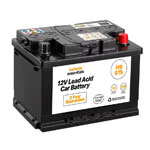
Car Batteries (Lead-Acid)
Found in petrol, diesel, and hybrid vehicles.
It must be recycled at council sites, garages, or scrapyards.
Many retailers offer take-back schemes when buying a new battery (Recycle Now).
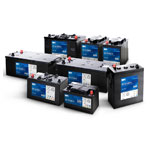
Industrial & Business Batteries
Used in warehouses, backup power systems, and large machinery.
Businesses must arrange recycling through licensed waste carriers (Valpak Compliance Scheme).
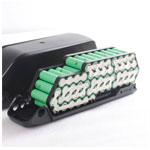
E-bike & Scooter Batteries
It contains lithium-ion cells, which can be dangerous if not handled correctly.
Many manufacturers and bike retailers offer take-back schemes.
Some councils accept them at recycling centres but always check before dropping them off.
Where to Recycle Batteries in the UK
Supermarkets & Retailers
Large retailers like Tesco, Sainsbury's, Currys, and Argos have battery recycling bins near the entrance. If a store sells a lot of batteries, they are legally required to offer a take-back service.
Local Recycling Centres
Every council in the UK provides battery recycling at Household Waste Recycling Centres (HWRCs). You can find your nearest centre using Recycle Now.
Council Collection Services
Some councils offer kerbside battery collection, allowing you to leave batteries in a small bag on top of your bin. Check with your local authority for details (Local Council Recycling).
Specialist Battery Recycling Services
Businesses and organisations producing large amounts of battery waste can use recycling schemes like Valpak or Ecobat, which provide collection and recycling services (Ecobat Battery Recycling).
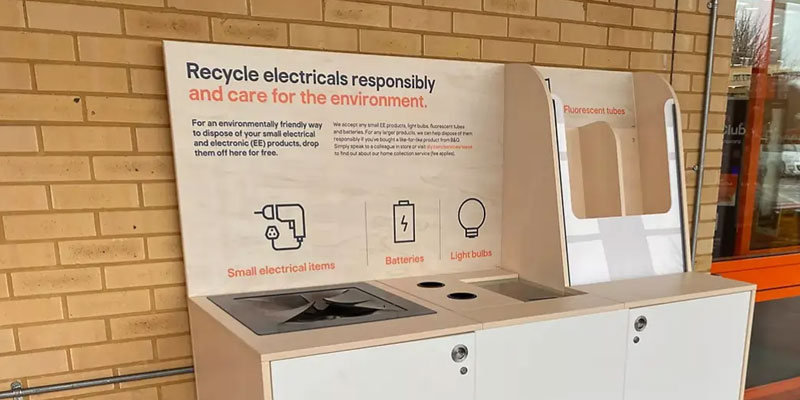
Safe Battery Disposal Practices
How to Prepare Batteries
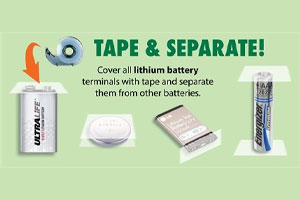
Tape the terminals on lithium-ion and button batteries to prevent short circuits.
Store them in a dry place until recycling. Avoid leaving them loose in drawers where they might come into contact with metal objects.
What NOT to Do
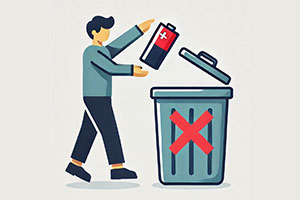
Never throw batteries in general waste. They can leak harmful chemicals or cause fires.
Do not incinerate them. Burning batteries release toxic fumes.
Damaged Batteries
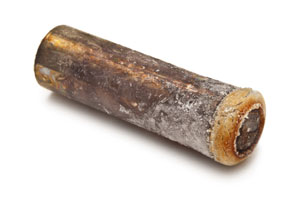
Wear gloves and place leaking batteries in a plastic bag before recycling.
Please do not touch them with bare hands. Wash your skin immediately if you come into contact with any leaked material.
The Future of Battery Recycling in the UK
Advances in Battery Recycling Technology
New recycling methods allow us to recover more materials from old batteries. For example, advanced hydrometallurgical processes help extract lithium, cobalt, and nickel for reuse in new batteries (UKRI Battery Recycling Research).
Government Initiatives & Upcoming Policies
The UK government is reviewing battery recycling laws to improve collection rates and expand the rules to include electric vehicle batteries. Future policies may require manufacturers to use more recycled materials in new batteries (DEFRA Consultation on Batteries).
How Consumers Can Help
- Recycle all used batteries at designated points. Even small batteries make a difference.
- Choose rechargeable batteries to reduce waste.
- Spread awareness – encourage friends and family to recycle correctly.
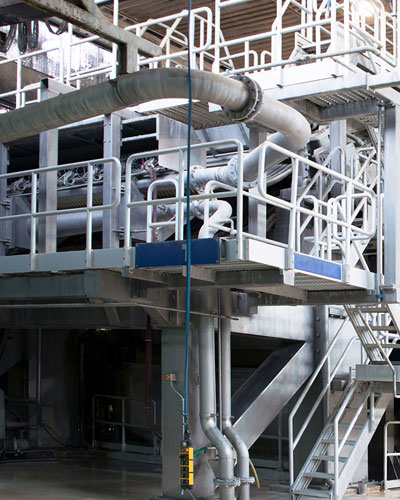
Take Action Today
Recycling batteries is good for the environment—it keeps toxic waste out of landfills, conserves resources, and helps create a more sustainable future. Find your nearest recycling point today and do your part.
